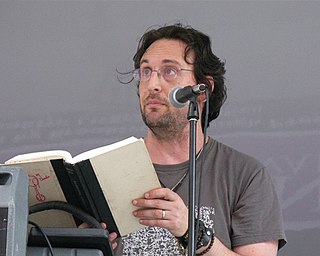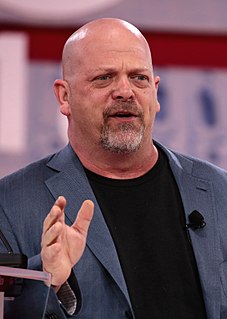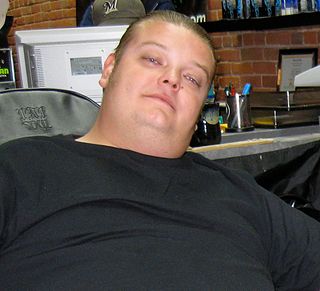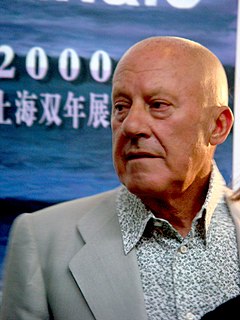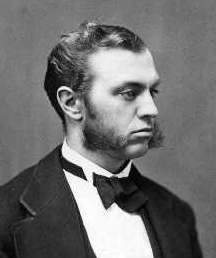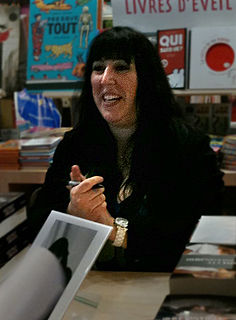A Quote by Charles Bock
My grandfather was a pawnbroker, and when I was in first or second grade, my parents opened their own store. I probably learned to count by putting pawn tickets in numerical order in the back room of the shop.
Related Quotes
I almost flunked first grade and also the second, third, forth, and fifth; but my younger brother was in the grade behind me and he was a brain and nobody wanted to have me be in the same grade as him, so they kept passing me. I never learned how to spell, graduated from eighth grade counting on my fingers to do simple addition, and in general was not a resounding academic success.
We opened the first Men's Wearhouse in Houston in August 1973, then a store a year for 10 years in Texas. In the early 1980s I opened a store in the San Francisco Bay Area. Within the year, the Texas economy was in total disarray. We were facing Chapter 11, and if not for the California store, we might not have survived.
Liebig taught the world two great lessons. The first was that in order to teach chemistry it was necessary that students should be taken into a laboratory. The second lesson was that he who is to apply scientific thought and method to industrial problems must have a thorough knowledge of the sciences. The world learned the first lesson more readily than it learned the second.
When I told my friends and family that I was leaving Stars to open a burrito shop in Denver, they thought I was crazy, but not long after the success of the first Chipotle, I knew I had to open just one more, so I opened a second one on Colorado Boulevard, which turned out to be even busier than the first.
